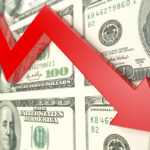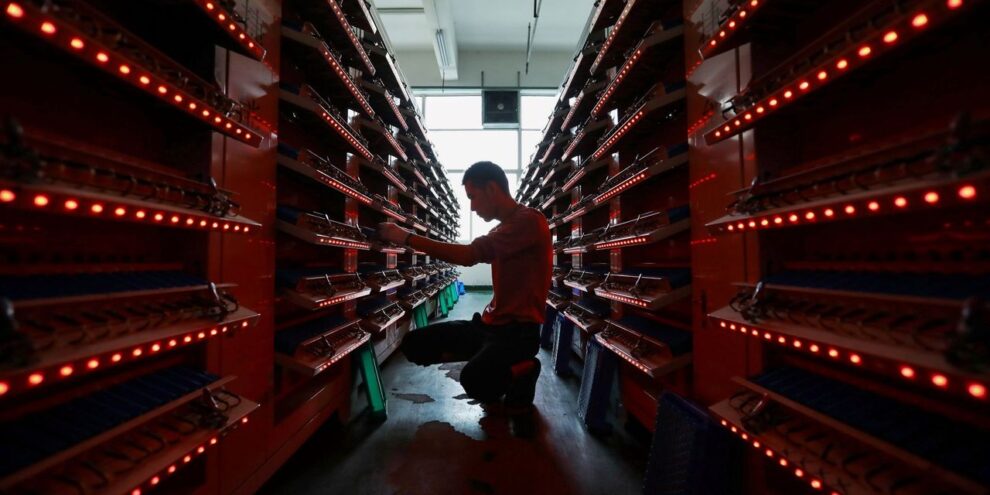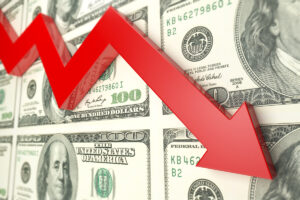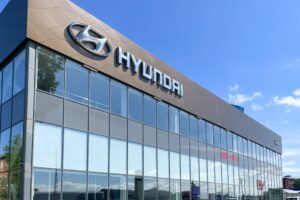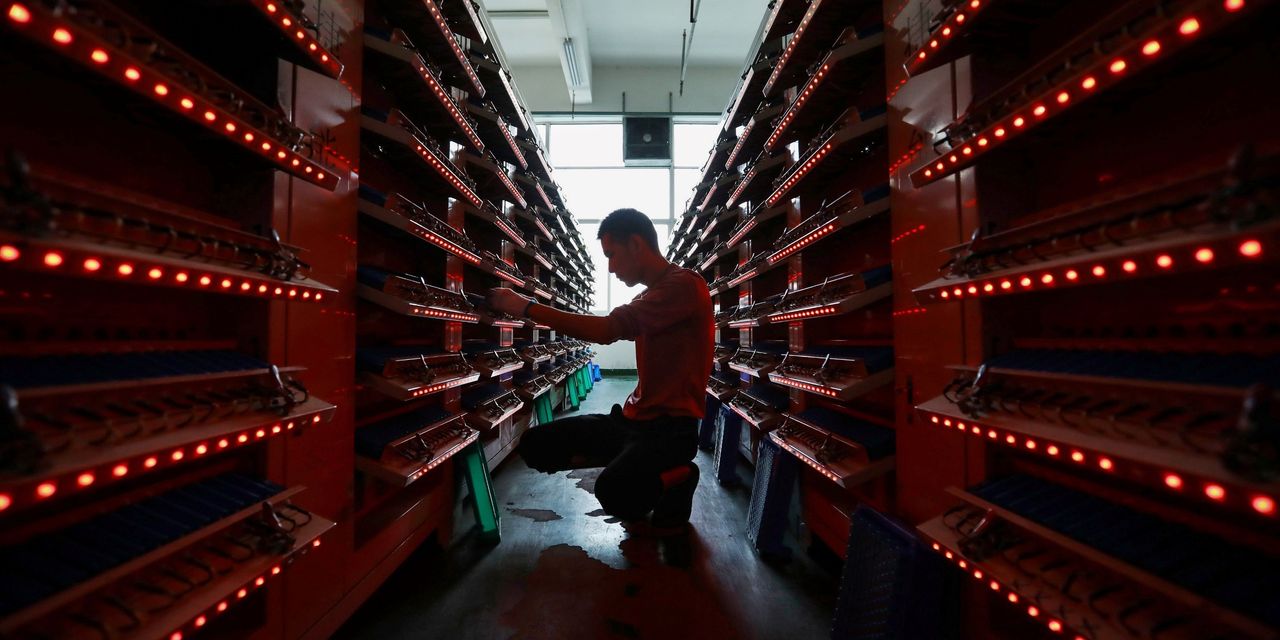
As if the pandemic, millions of lost jobs, and scores of other problems aren’t top of mind with President Joe Biden, here’s something else on his plate: Batteries.
“Imagine historic investments in research and development to sharpen America’s innovative edge in markets where global leadership is up for grabs,” he said last month. “Markets like the battery technology, artificial intelligence, biotechnology, clean energy.”
The United States is in a frantic competition with China to dominate these and other areas, which will help determine economic and thus national security for decades to come.
Unfortunately in one area—lithium-ion batteries (among others), America appears to be trailing. Nearly two-thirds of the world’s lithium-ion batteries are produced in China, a matter of great concern to everyone from generals in the Pentagon to Tesla’s Elon Musk and other electric-vehicle manufacturers.
“It’s a significant issue, not only for the Department of Defense, but also commerce in general,” says Ellen Lord, who served until January as undersecretary of defense for acquisition and sustainment—in other words, the Pentagon official responsible for making sure the military gets what it needs to wage war. “It’s essential to have secure and resilient supply chains, so yes, when China makes two-thirds of something that we need, it’s a concern.”
In 2018, the Trump administration used the Defense Production Act (DPA), “to identify future projects that create, maintain, protect, expand, or restore capabilities essential for national defense.” Lithium batteries, used in everything from drones to hypersonic missiles to radiation-hardened electronics, are one such item.
Some manufacturers didn’t wait for the Feds. Electric vehicle maker Tesla TSLA, -5.26%, for example, has a 1.9 million square-foot facility in Nevada, which began producing battery packs in 2016. Tesla also uses Chinese-made batteries, but the Palo Alto, Calif.-based company has said it hopes to begin building its own battery cells in 2022 at a volume that would be roughly triple what it has produced at the Nevada plant.
Other U.S. auto makers and defense contractors are looking to even leapfrog lithium battery technology, though significant breakthroughs aren’t expected soon.
Access to raw materials
Meantime, manufacturing is only one problem. Access to raw materials used in batteries—like cobalt and lithium—is another. The U.S. produces little of either.
Most cobalt—which helps protect batteries from corrosion, which can spark a fire—is mined in the Democratic Republic of the Congo in central Africa. But it’s shipped to China for processing before being distributed to battery makers. That’s a long supply chain, and one over which the United States has no control.
Sourcing lithium is also problematic. The EV industry is taking off, but the U.S. only mines about 1.2% of global supply, according to the U.S. Geological Survey.
These shortages help explain why President Donald Trump issued an executive order last fall, aimed at boosting domestic production of these so-called “rare earth” minerals.
The order warned that “undue reliance on critical minerals, in processed or unprocessed form, from foreign adversaries constitutes an unusual and extraordinary threat, which has its source in substantial part outside the United States, to the national security, foreign policy, and economy of the United States.”
By “undue reliance” here’s a stat for you: China accounts for 70% of global production of rare earths. If that’s not a national security problem, for the United States, I don’t know what is.
Trump’s order was a boost to the world’s only major rare earths producer outside of China—Australia’s Lynas Corp. LYSCF, -2.68% —which got $30.4 million to build a commercial light rare earths separation plant in Texas.
“It’s essential that we boost both the [domestic] capacity and throughput of rare earth processing,” says Lord, the former Pentagon official.
A more reliable source of critical minerals is obviously in the best interest of U.S. defense contractors from giants such as Lockheed Martin Corp. LMT, -0.04%, Boeing Co. BA, -1.49%, and General Dynamics Corp. GD, +0.61%, down to small suppliers. But it’s also likely to prove a boon for manufacturers of civilian products, notably EVs. Every major auto maker is ramping up here, including General Motors Co. GM, -2.10%, which says it hopes to phase out the gasoline internal combustion engine by 2035.
Battery and materials companies will likely benefit as well. Among them: Albemarle Corp. ALB, -1.66%, Livent Corp. LTHM, -5.13%, Lithium Americas Corp. LAC, -4.97%, Jervois Mining JRVMF, +0.50% and First Cobalt Corp. FCC, -5.88%. “We raised our recommended exposure to the S&P 500 Materials sector to overweight from marketweight,” CFRA’s Sam Stovall noted last fall.


